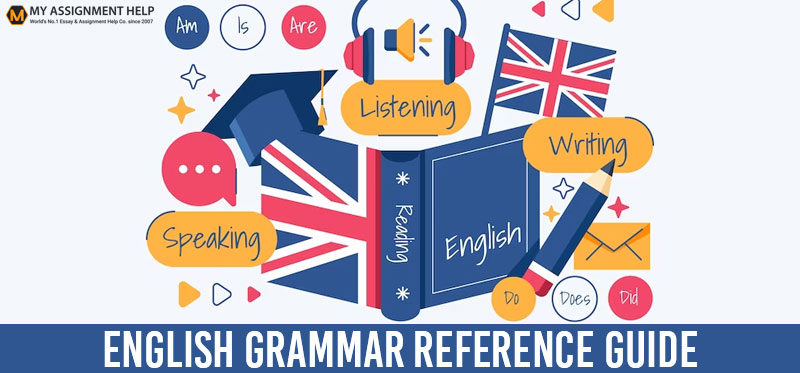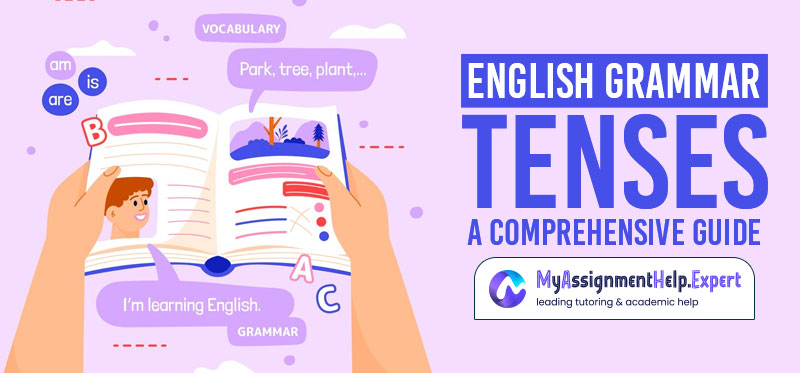Best English Grammar Lessons

English grammar forms the foundation of effective communication, enabling us to convey our thoughts, ideas, and emotions accurately. Whether you’re a student striving for academic excellence, a professional aiming to improve workplace communication, or an English learner seeking fluency, understanding grammar rules is essential. In this blog, we’ll explore the importance of English grammar lessons and delve into key concepts that will empower you to communicate with confidence and precision.
The Significance of English Grammar Lessons
English grammar is the framework that gives structure and coherence to our sentences. It helps us convey precise meanings, avoid ambiguity, and express our thoughts clearly. Here’s why investing time in learning grammar is crucial:
Effective Communication
Proper grammar ensures that your message is accurately conveyed. Incorrect grammar can lead to misunderstandings and confusion.
Professionalism
In professional settings, using correct grammar demonstrates competence and professionalism, making a positive impression on colleagues and superiors.
Academic Success
Whether in school or university, strong grammar skills are vital for writing essays, reports, and research papers that effectively communicate your ideas.
Essential English Grammar Lessons
Parts of Speech
Understanding the basic parts of speech – nouns, verbs, adjectives, adverbs, pronouns, prepositions, conjunctions, and interjections – is fundamental. Each has a specific role in a sentence, contributing to its meaning and structure.
Tenses
English has several verb tenses, each indicating when an action took place. Mastering tenses allows you to accurately express actions in the past, present, and future.
Subject-Verb Agreement
Matching the subject and verb in a sentence ensures grammatical accuracy. A singular subject requires a singular verb, while a plural subject requires a plural verb.
Punctuation
Correct punctuation enhances readability. Learn the proper use of commas, periods, semicolons, colons, apostrophes, and more to effectively convey your intended meaning.
Sentence Structure
Sentences can be simple, compound, complex, or compound-complex. Understanding sentence structures helps you create well-organized and coherent paragraphs.
Modifiers
Adjectives and adverbs modify nouns and verbs, respectively. Properly placed modifiers provide a vivid and accurate description of actions and objects.
Tips for Effective English Grammar Learning
Practice Regularly
Consistent practice is key to internalizing grammar rules. Engage in exercises, quizzes, and writing activities to reinforce your understanding.
Read Widely
Reading books, articles, and other well-written materials exposes you to diverse sentence structures and language styles. This exposure helps you absorb correct grammar naturally.
Seek Feedback
Share your writing with peers, teachers, or language enthusiasts. Constructive feedback helps you identify and rectify grammatical errors.
Use Online Resources
Numerous online platforms offer grammar tutorials, exercises, and interactive lessons. Take advantage of these resources to supplement your learning.
Learn from Mistakes
Don’t be afraid of making mistakes. They’re valuable learning opportunities. Analyze your errors and understand why they occurred.
Tailoring English Grammar Lessons to Different Audiences
Students
Grammar lessons are essential for academic success. From crafting essays to presentations, proper grammar ensures that your ideas are communicated clearly.
Professionals
Effective communication is pivotal in the professional world. Proper grammar boosts your credibility, especially in emails, reports, and presentations.
English Learners
Non-native English speakers benefit greatly from grammar lessons. Understanding and practicing grammar enhances their ability to communicate fluently and confidently.
Sentence Structure: Creating Clear and Effective Sentences
Sentence structure is the arrangement of words within a sentence. A well-structured sentence ensures that your message is communicated clearly. Consider these elements:
Subject and Predicate
Every sentence has a subject (who or what the sentence is about) and a predicate (what the subject is doing).
Direct and Indirect Objects
Some sentences include direct and indirect objects that receive the action of the verb.
Modifiers
Adjectives and adverbs provide additional details that enrich your sentences.
Clauses
Clauses are groups of words containing a subject and a verb. They can be independent (complete sentences) or dependent (incomplete sentences).
Conclusion
Mastering English grammar is an investment that pays dividends in various aspects of life. From academic achievements to professional growth and improved language proficiency, the benefits are manifold. By understanding the fundamental concepts discussed in this blog and applying them through consistent practice, you can elevate your communication skills to new heights. Remember, proper grammar isn’t just about following rules; it’s about expressing yourself clearly, accurately, and effectively. So, embrace the journey of learning English grammar, and open doors to better communication today.




